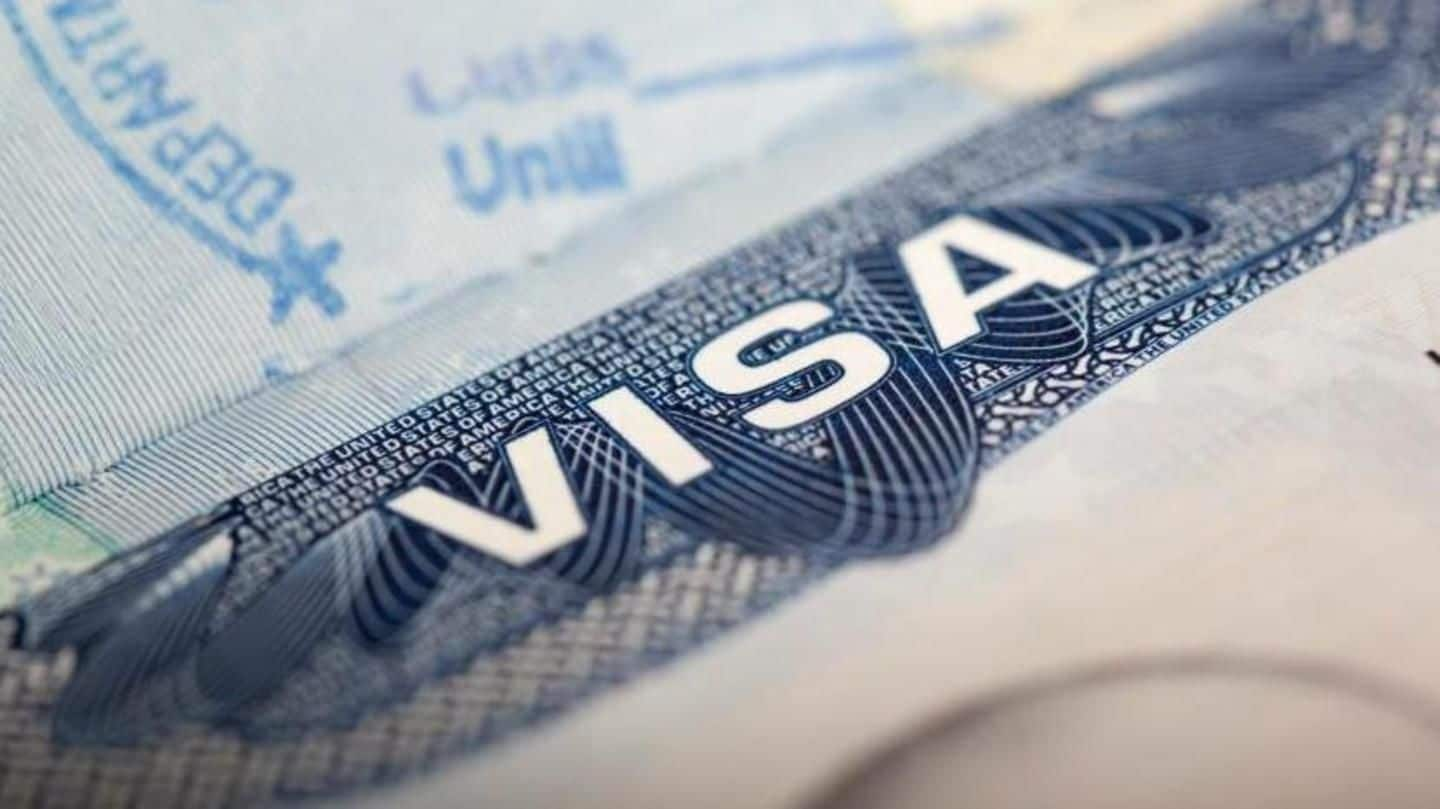
H-4 visa work permits to be revoked, many Indian-Americans affected
What's the story
The Trump administration is clamping down on H-4 visa holders. On Saturday, the Trump administration told a federal US court that its decision to revoke work permits for H-4 visas would materialize sometime in the next three months. For those unaware, H-4 visa holders are primarily spouses of H-1B immigrant workers, and a significant majority of them are Indian-Americans. Here are the details.
H-4 and work
93% of H-4 visa work permits are held by Indians
H-4 visas are issued to families (spouses, children below the age of 21 years) of H-1B immigrant workers. An Obama-era rule allowed H-4 visa holders to work in the US. Between May 2015, when the rule was implemented, and December 2017, the USCIS had approved 126,853 work permits for H-4 visa holders. Among these approved permits, 93% were issued to individuals from India.
Quote
Indian H-4 workers far outnumber people from other countries
"93% of approved applications for H-4 employment...were issued to individuals born in India, and 5% were issued to individuals born in China. Individuals born in all other countries combined make up the remaining 2% of approved applications," a recent Congressional Research Service report said.
Court filing
DHS' latest court filing is bad news for H-4 workers
However, these Indian-Americans are now in for bad news. On Saturday, in its latest court filing on the issue, the Department of Homeland Security (DHS) told a US District Court in Columbia that it was "making a solid and swift progress in proposing to remove from its regulations certain H-4 spouses of H-1B non-immigrants as a class of aliens eligible for employment authorisation."
Delays
The new rules have been delayed thrice, another delay unlikely
The new rules revoking work permits for H-4 visa holders are expected to be submitted to the Office of Management of Budget (OMB) within three months. This process, which was set into motion earlier, has already been delayed thrice owing to DHS senior leadership repeatedly reviewing the new rules and asking the USCIS for revisions. However, this time, the rules might finally get approved.